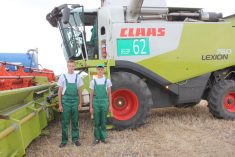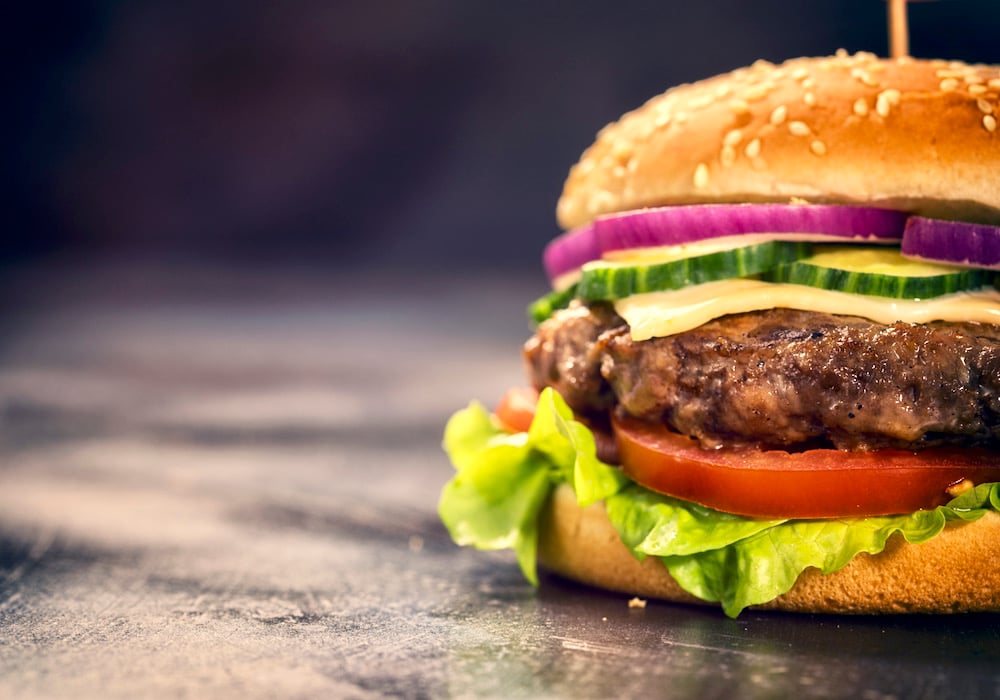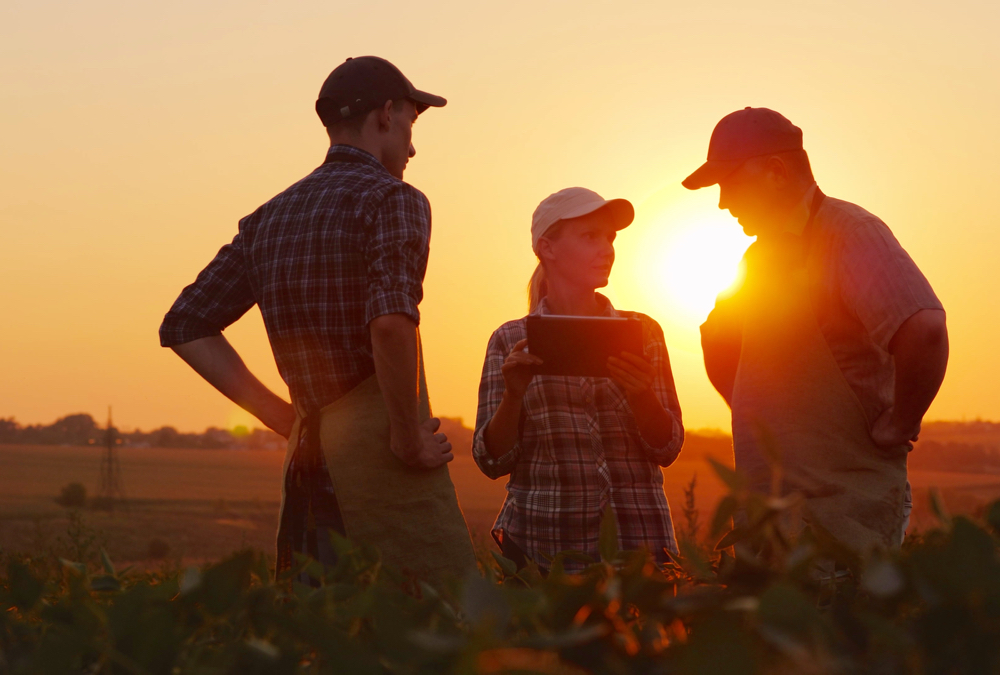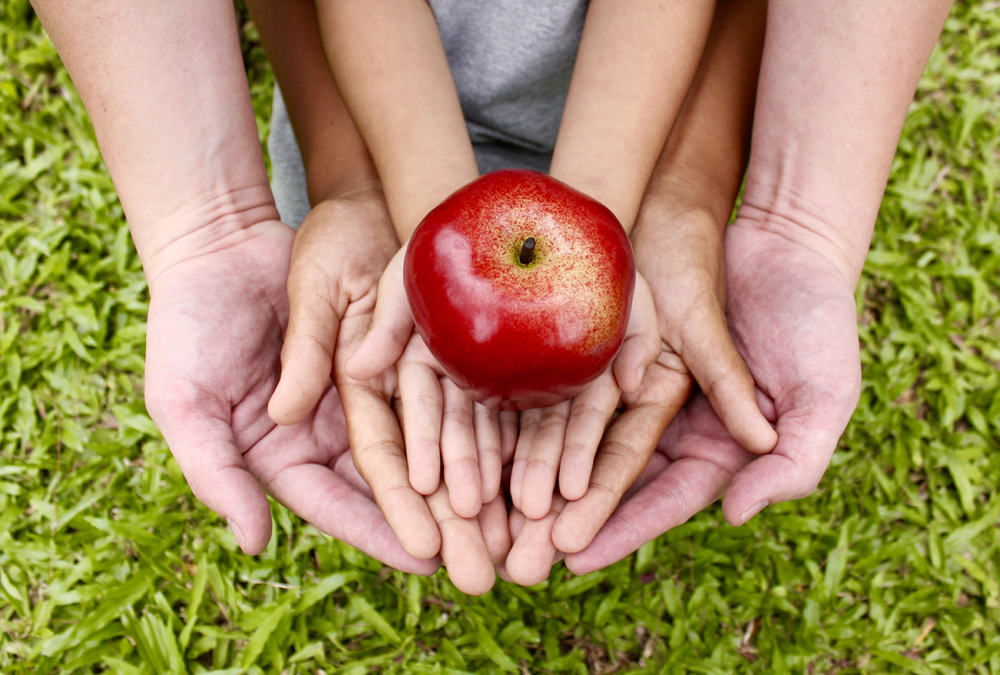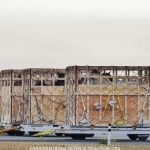Irecently participated in an international workshop that asked “what is your perception of Canada?”
Those within our working group considered Canada as peaceful with an abundance of raw nature and natural resources that we appear to be taking care of. Newcomers love the scenery and lack of traffic compared to the countries they lived in. What they valued most was our connectedness, our ability to work and play together and most importantly, to build community.
Our ability as Canadians to identify with social values impresses guests and immigrants alike. And on the farm, this is even more pronounced. Nuffield scholar Izak van Heerden refers to anyone in farming as absolutely “mad” because they are “making a difference.”
Read Also

Deep cuts to ag research jeopardize Canada’s farming future
The huge cuts to ag research at Agriculture Canada are being widely panned by farm organizations, but there seems to be little hope of the government reversing its decision.
I translate that into ensuring that values are upheld, that food is a part of peace and that the ecology we have been gifted is regenerated.
The reality of agriculture, though, is that it is hard on people, not fully appreciated by policy makers and often erodes the very thing that we are known for, such as raw nature and natural resources. Here in Canada, we have a strong and overriding trade policy that keeps value adding and circular economies at bay. We are price takers.
In the debate that followed, highlights included the misdeeds of trading partners and weak points within the system that keep Canadian shelves flooded with imported food and ingredients. Finger-pointing was explicitly to the Far East and the rhetoric of the ancient argument bounced off the walls.
Very quietly, a woman at my table said, “instead on focusing on how we deal with the other one (trading partner), the question is how do (we) strengthen ourselves?”
Shifting into a new plane of thought allowed the group, which included members of five countries including Asia, to explore the possible in determining a future direction.
The first recommendation was to firmly identify the boundaries of what we will and will not accept as a trading nation and then stick to it. More importantly for the purpose of this column is to determine what we will and will not accept as an agricultural community and then voice it through a well-thought-out proposal for policy change.
Perhaps one of the most inspiring questions we asked ourselves was “who are we and how are we going to articulate that?” It’s no easy task when you consider the magnitude and diversity of people and of farming enterprises in Canada.
Our point of differentiation has yet to be shared on the world stage in a way that allows us to hold the reins politically. As the jewel of food production with one fifth of the world’s fresh water, we need to do this collectively and do it now, or Canadian farms will continue to be victim to massive consolidation, investment funds and foreign ownership.
The value of Canada’s National Index on Agri-Food Performance was impressed upon me because it reflects what people new to Canada find so special about our country. Our ability to work together through the food system with shared values and vision has never been more prominent than in the collaboration of more than 110 stakeholders who developed the index under the leadership of David McInnes.
Historical in nature, the index puts Canada at centre stage in terms of benchmarking agri-food practices by tracking and measuring sustainability in the agri-food sector. The four pillars reflect a holistic view that is inclusive of environment, economy, food integrity and societal well-being. It has the potential to shift the trade rules to a more sustainable baseline.
By focusing on boundaries and benchmarking the facts, Canada has the foundation to develop trade policy that is of greater benefit to farmers and food processors. And in turning the pointing finger back to itself, it can unearth the tremendous strength and collective wisdom and vision in the agriculture and agri-food industries within the nation, basically shifting from a negative into the possible.
This might be the identity that we seek as a nation — the sustainable and regenerative agri-food powerhouse of the world — and we can prove it. As one of the few countries on earth to put the effort into this level of accountability, we are able to and should position ourselves as global leaders in all things agri-food.
What is your perception of Canada in terms of agriculture and agri-food?
I believe we will own the space of nutrient dense, high quality and safe foods that are produced on farms with environmental consciousness that respect both people and nature.
I hunger for the time when those values are honoured within the political systems. We must continue to invite transparent cross-collaboration within the entire Canadian food system, educate and culture the political support that lends itself to the development of resilient communities.




